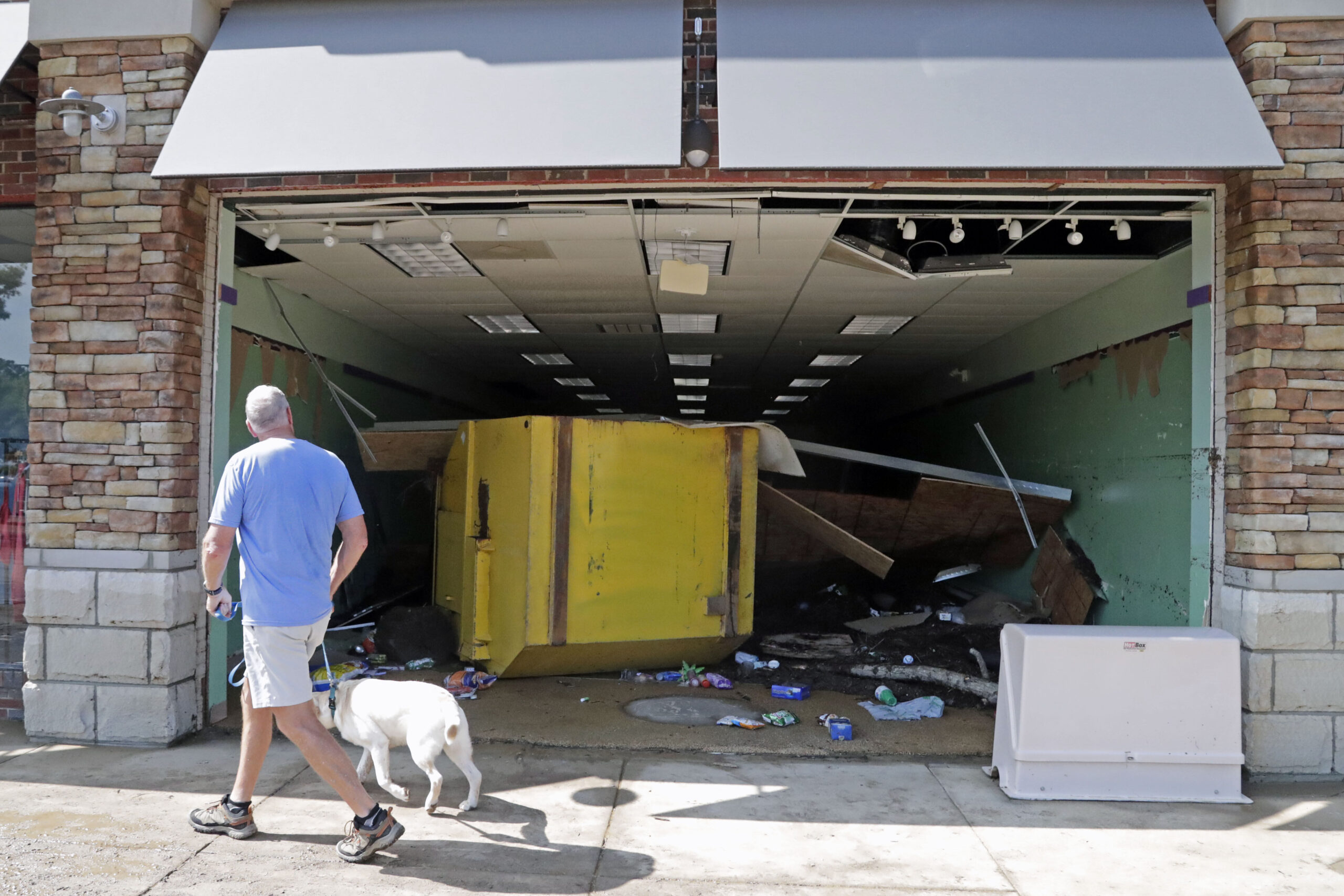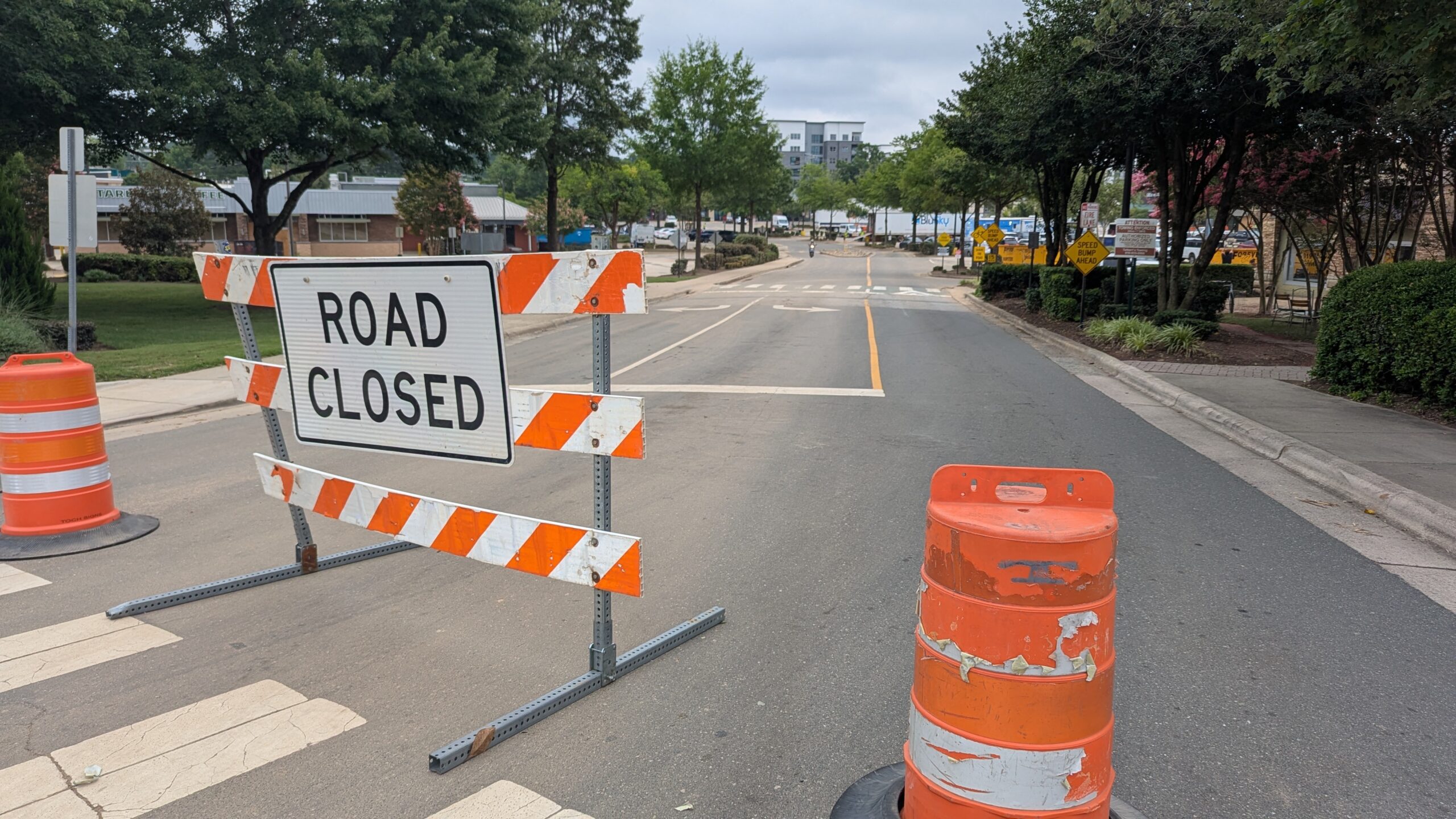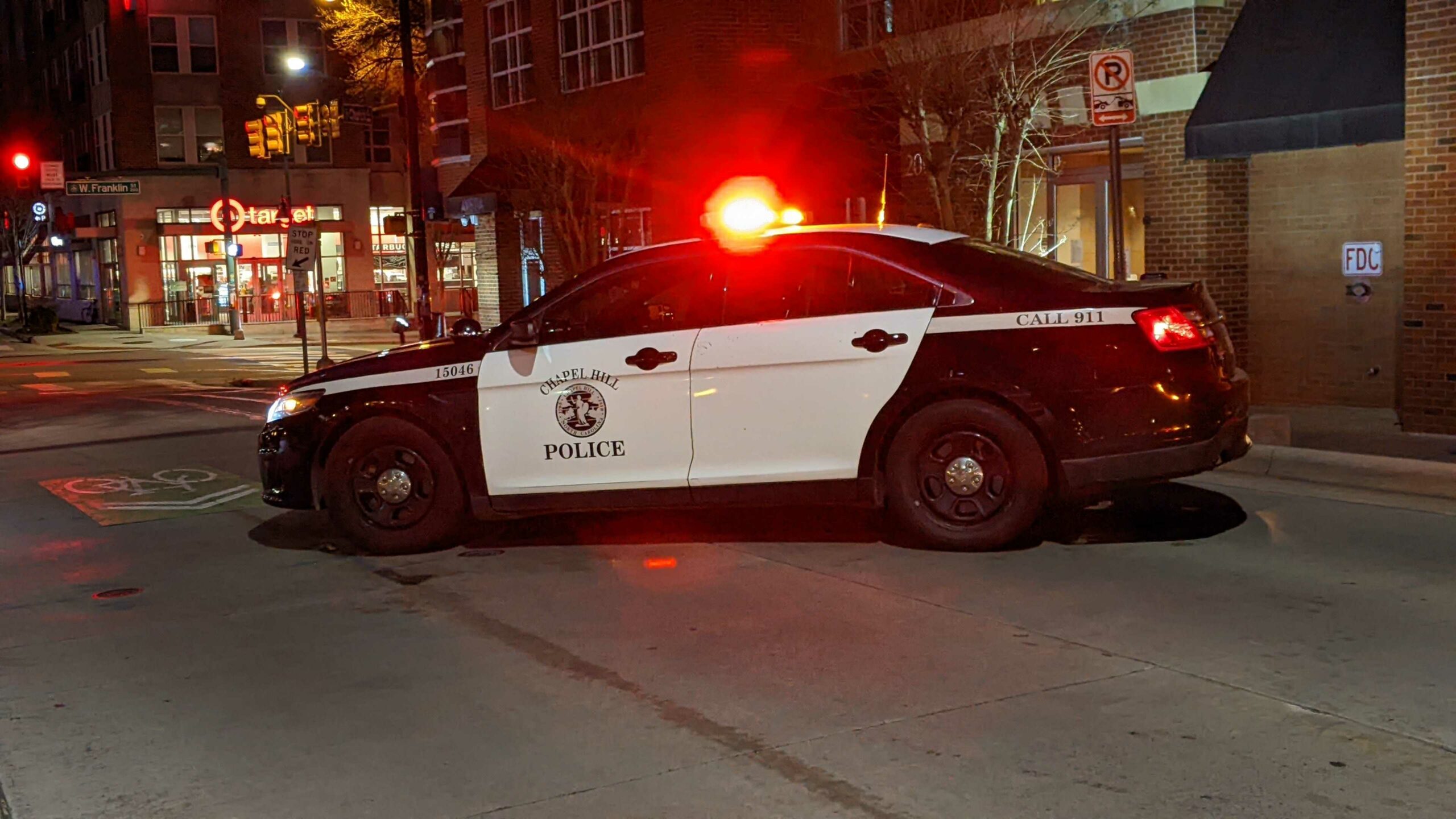The North Carolina House agreed overwhelmingly on Thursday to let voters decide whether the state should borrow $3.1 billion for public school, higher education and road construction.
Legislation putting the debt package question on the November statewide ballot received tentative approval by a vote of 113-4. A final House vote would occur early next week before it goes to the Senate, where Republicans remain skeptical about incurring more debt. GOP leaders at the General Assembly hope to adjourn its annual session by next weekend.
The House package is larger than a $1.9 billion proposal advanced by the chamber a year ago in similar bipartisan fashion. But the idea got set aside when Senate Republicans won out in negotiations, and their pay-as-you-go cash construction plan wound up in the final state budget. Gov. Roy Cooper vetoed that budget and no construction package was enacted.
House Speaker Tim Moore, the chamber’s biggest booster for a debt package, has said a bond package makes even more sense in 2020 given that state revenues have fallen off due to the economic downturn, making cash for construction difficult to locate. Interest rates remain extremely low, Moore said, and the projects would generate needed jobs in the state.
Cooper sought a $3.9 billion debt package last year. A statewide bond package was last approved by voters in 2016.
Thursday’s measure would allocate just over $1 billion in debt proceeds for distribution to the state’s 115 school districts, with $600 million toward 13 specific University of North Carolina system projects and $200 million toward community college projects.
The remainder would go to public transportation projects, such as road and bridge construction and renovation. The state Department of Transportation is currently in a cash crunch that has forced them to delay new projects. Local governments will need matching funds to access some education proceeds.
During a committee meeting earlier Thursday, Moore said that State Treasurer Dale Folwell said the state could afford to borrow up to $3.16 billion in general obligation debt, WRAL-TV reported.
Related Stories
‹

'There's No Reassurance': Eastgate Merchants Navigate Rebuilds in Chapel Hill Shopping CenterTenants of Chapel Hill's Eastgate Crossing joined 97.9 The Hill to discuss short-term and long-term recovery efforts after Chantal's floods.
![]()
Special Forum on The Hill: Eastgate Business Owners and the Way ForwardEastgate Business Owners Elie Abou-Rjeileh of Olmaz Jewelers, Meri Clark of Retore Wellness, Chuck Milsap and Chad Pickens from Great Outdoor Provision, and Amal Zonca from Wax in the City joined 97.9 The Hill's Andrew Stuckey in studio on Friday, July 25. They discussed the process of mitigation and clean up for businesses at Eastgate, what the road to reopening looks like, and what the long-term considerations must be made for the future of their businesses.

'Everything Is A Complete Loss': Eastgate Crossing Businesses Assess Flood DamageAt Chapel Hill's Eastgate Crossing shopping center, Tropical Depression Chantal left not a single business unscathed.

Raising Cane's, Snooze Locations in Chapel Hill Welcome First CustomersChapel Hill gained two new restaurants this week, as both the chicken fingers chain Raising Cane’s and the breakfast eatery Snooze officially opened their doors to patrons. Raising Cane’s held a ribbon-cutting ceremony on Tuesday morning, opening the restaurant earlier than normal to celebrate its new location at the corner of East Franklin Street and […]

'Snooze' Eatery Announces Opening Date in Chapel Hill's Eastgate CrossingSnooze A.M. Eatery has officially set a date for its first Triangle-based location to open. After months of renovation in the Suite 3 space of Chapel Hill’s Eastgate Crossing shopping center, the breakfast restaurant plans to open for business on Wednesday, November 8. “We’re excited to continue to grow our Snooze community in North Carolina,” […]

Breakfast Restaurant 'Snooze' Coming to Eastgate Crossing in Chapel HillSnooze A.M. Eatery will become the latest restaurant to open its doors in Chapel Hill. The Denver-based breakfast eatery will debut its first Triangle-area location when it moves into Eastgate Crossing. Snooze will occupy the space between CorePower Yoga and the Birkenstock store. According Raleigh’s Midtown Magazine, Snooze originally announced plans to move to the […]

Chapel Hill Police Charge Man with Kidnapping After Amber AlertThe Chapel Hill Police Department charged a man with first degree kidnapping and larceny late on Monday after issuing an AMBER Alert and starting a search for a five-year-old girl. In a release Tuesday morning, the department said 28-year-old Dustin Taylor Oakley was taken into custody after he allegedly stole a dark blue 2003 Dodge […]

Rise Biscuits To Open First Chapel Hill Location Next YearA new breakfast option will be available to Chapel Hill residents next year. Rise Southern Biscuits & Righteous Chicken announced Tuesday it will be opening its first-ever Chapel Hill location in March of 2022. The restaurant will open in the Eastgate Crossing Shopping Center on East Franklin Street. The Eastgate location will be the eighth […]

Ownership Changes Hands for Eastgate Crossing Shopping Center in Chapel HillThe Eastgate Crossing shopping center in Chapel Hill recently changed ownership, the latest in a recent series of shopping malls in the area to do so. A report from the News & Observer on Friday shares Federal Realty Investment Trust sold Eastgate Crossing, which is located off East Franklin Street, in December. The move was part […]
![]()
N.C. House Revises, OKs Education and Road Bond ReferendumThe North Carolina House agreed overwhelmingly on Thursday to let voters decide whether the state should borrow $3.1 billion for public school, higher education and road construction. Legislation putting the debt package question on the November statewide ballot received tentative approval by a vote of 113-4. A final House vote would occur early next week […]
›








